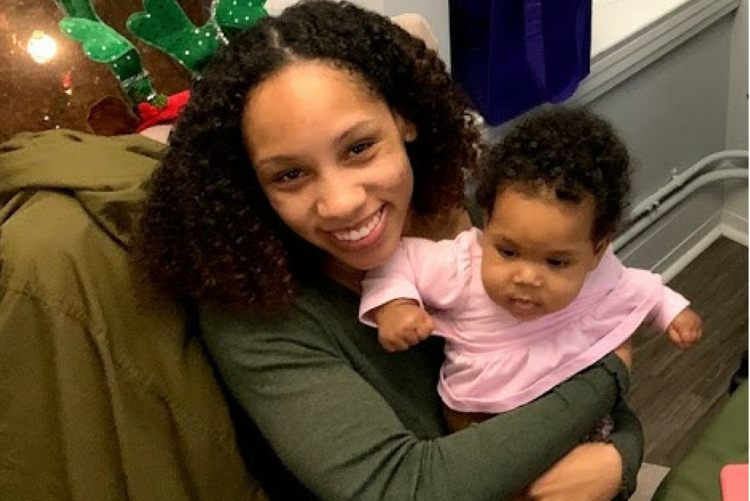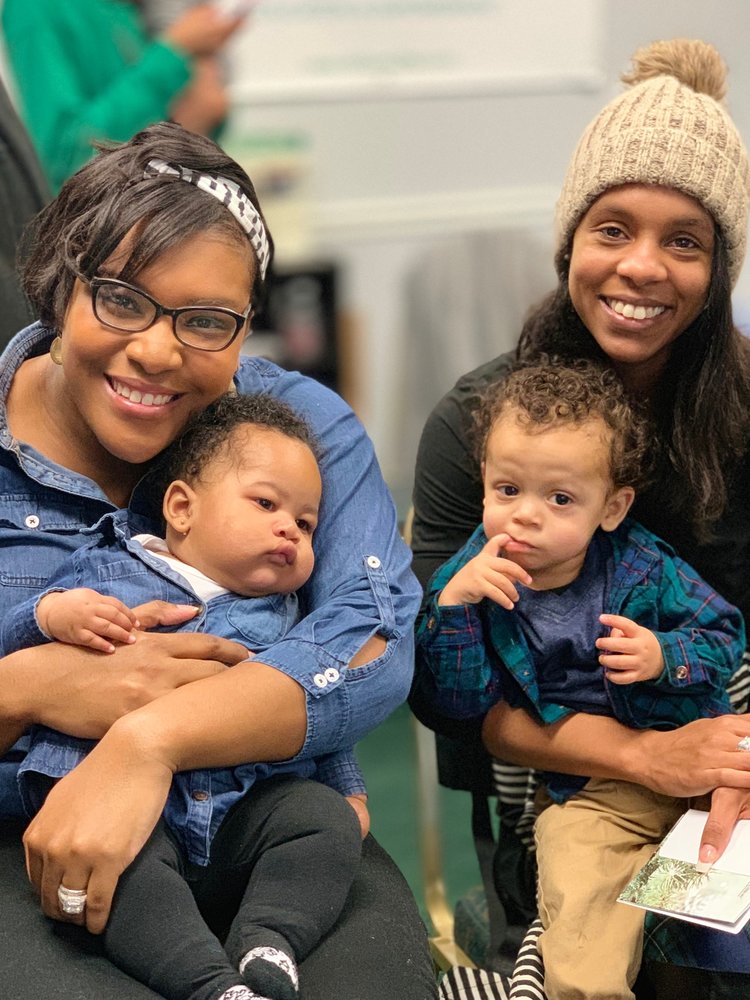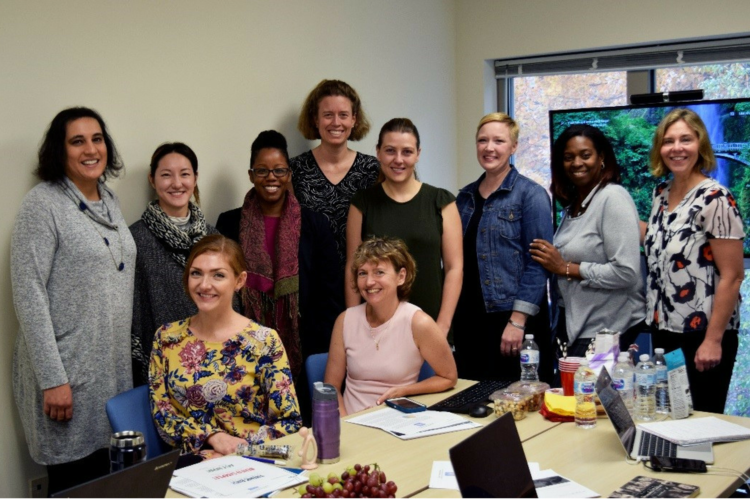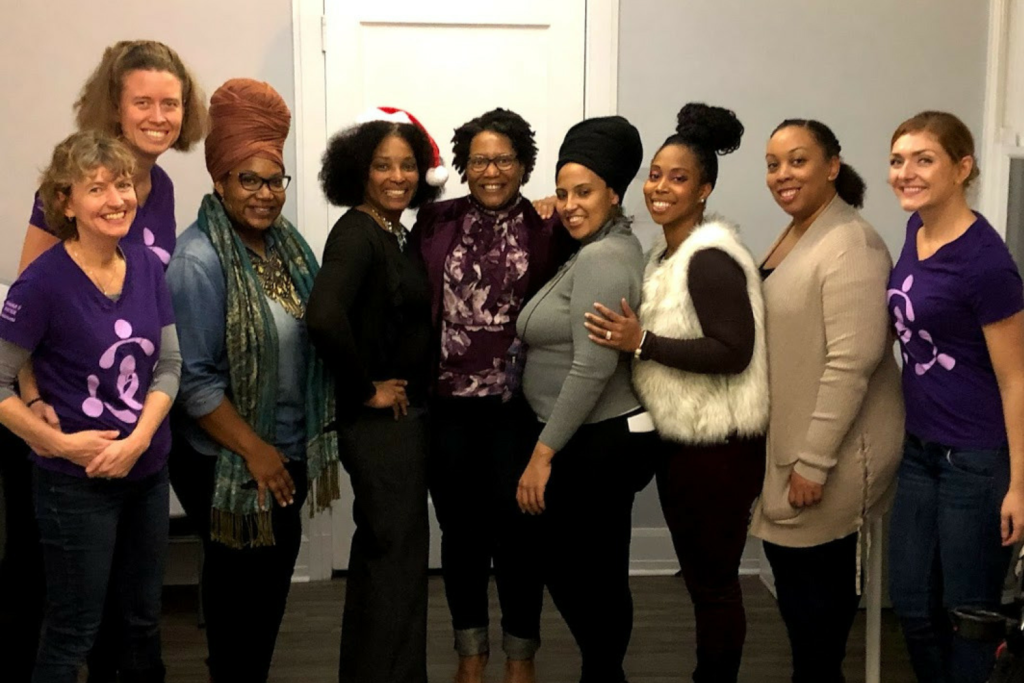Changing the way America treats new moms
Going from pregnancy, labor and birth or otherwise bringing a baby home is a big transition. It is a journey with changing hormones, body image, and roles, while learning to feed and care for a newborn and navigate relationships and expectations with partners, family, friends, co-workers, and other children.
All parents deserve support. Seeking information on physical, emotional, and social parts of the postpartum period and using the resources that are available is a sign of strength. Becoming a mother is a big deal! During this “4th Trimester,” many women and their families – especially those with limited resources – experience considerable, interrelated challenges that are not well supported by communities, businesses and society.
Much attention is focused on babies while too often, women are left to navigate their health and care without enough information or support. Women often receive health information at birthing facility discharge when they are tired, overwhelmed, and may not even know what questions to ask. These gaps in care are missed opportunities, not only for health but also to affirm the importance of women.
While this project focuses on the needs and experiences of cisgender women, we affirm that anyone with a uterus is capable of giving birth and that there is a need for more resources directed to support the pregnancy and parenting experiences of individuals of all gender identities. We pledge to work to build this content.
Mother-designed: We have had input from (and will continue to get input from) a diverse group of new mothers on every part of this website – from the pictures, to the colors, layout, and content. Our team of researchers, clinicians, and mothers is striving to support women and their families by offering a hub of information and resources that might be helpful.
This website is designed to provide the latest medical evidence and offer real, honest stories to inform postpartum planning. The information on the website has been reviewed by doctors, midwives, and nurses. However, we encourage women to always contact their health care provider with questions or concerns.







